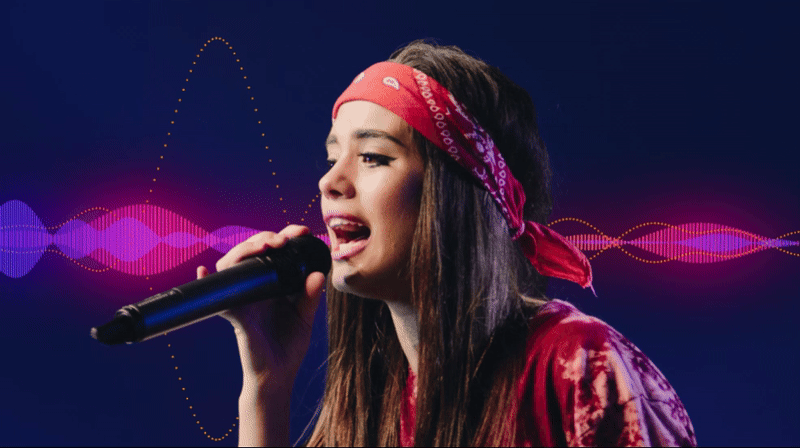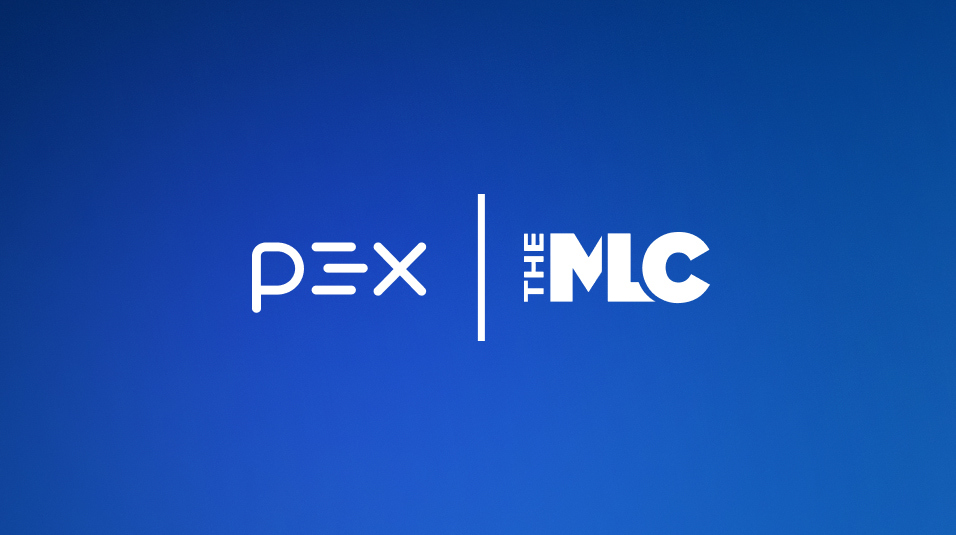In late 2019, Poland brought an action to the Court of Justice of the European Union seeking the annulment of two parts of Article 17 of the EU DSM Directive – specifically Article 17(4)(b) concerning ‘best efforts’ and the last sentence of Article17(4)(c) concerning takedown and staydown provisions.
Poland demanded that if the two points could not be annulled, the entirety of Article 17 should be severed from the Directive.
Poland objected to these two points on the grounds that requiring providers to carry out preventive monitoring of all the content their users upload, without providing sufficient safeguards, would breach the freedoms of expression and information guaranteed in Article 13 of the EU Charter of Fundamental Rights.
On April 26, 2022, the court ruled and dismissed Poland’s action, upholding Article 17 as valid under existing EU law. The court’s decision was to a large extent in line with the July 2021 opinion of the Advocate General.
Judgment summary
- Automatic review of user-generated content does constitute a limit of freedom of expression and information. This limit is acceptable as it is accompanied by appropriate safeguards.
- Content recognition and filtering tools are acceptable, and depending on the scale of the task, OCSSPs are required to use automatic recognition tools.
- Content recognition should be designed to comply with the following conditions:
- Does not filter and block lawful content when uploading
- Distinguishes adequately between unlawful content and lawful content
- Is strictly targeted at protecting copyright without limiting legitimate uses.
- Service providers cannot be required to block content that would require an independent assessment of its legality (in the light of information provided by rightsholders and copyright exceptions).
- It is up to platforms to choose the right means to fulfill ‘best efforts’ without infringing on users’ rights.
- Rightsholders should provide ‘undoubtedly relevant and necessary information’ to platforms, helping protect the rights to freedom of expression and information.

What does this mean for Article 17, rightsholders, and platforms?
The court’s judgment upholds Article 17 and clears the way for any remaining territories to adopt their transpositions into law. As Article 17 continues to be implemented, we hope to see more licensing between rightsholders and platforms. However, because Article 17 still contains many issues that are open to interpretation, particularly regarding ‘best efforts’ and ‘manifestly infringing,’ we may first see litigation. SUISA Digital is possibly the first music organization to bring legal action against an OCSSP under Article 17, having recently filed a lawsuit in Hamburg against Snap Inc. for unlicensed music on its Snapchat platform. We’ll be following this case closely to see if it brings further clarity on Article 17 and its obligations for social media platforms.
Article 17 compliance made easy
At Pex, we follow legislation reforms closely to ensure we are building the best copyright solutions for the creator economy. Our Attribution Engine is the first real-time marketplace for copyrighted content, and meets all Article 17 requirements, including an alternative dispute resolution system that incorporates human review. We’ve made it easy for rightsholders to provide platforms with the necessary information, and for platforms to plug in and begin licensing content from rightsholders.
Reach out to learn more about Attribution Engine and schedule a demo.











